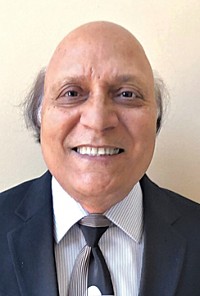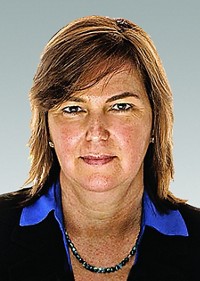Advertisement
Grab your lab coat. Let's get started
Welcome!
Welcome!
Create an account below to get 6 C&EN articles per month, receive newsletters and more - all free.
It seems this is your first time logging in online. Please enter the following information to continue.
As an ACS member you automatically get access to this site. All we need is few more details to create your reading experience.
Not you? Sign in with a different account.
Not you? Sign in with a different account.
ERROR 1
ERROR 1
ERROR 2
ERROR 2
ERROR 2
ERROR 2
ERROR 2
Password and Confirm password must match.
If you have an ACS member number, please enter it here so we can link this account to your membership. (optional)
ERROR 2
ACS values your privacy. By submitting your information, you are gaining access to C&EN and subscribing to our weekly newsletter. We use the information you provide to make your reading experience better, and we will never sell your data to third party members.
Materials
Lemelson-MIT Prize To Angela Belcher
Awards: Biomolecular materials chemist wins the $500,000 award
by Puneet Kollipara
June 7, 2013

This year’s $500,000 Lemelson-MIT Prize goes to Angela M. Belcher, the W. M. Keck Professor of Energy in Materials Science & Engineering & Biological Engineering at Massachusetts Institute of Technology.
The award honors midcareer scientists whose inventions are making a broad impact on society. Belcher, who is also a faculty member at the David H. Koch Institute for Integrative Cancer Research at MIT, is lauded for biologically engineering materials with applications in areas including energy technology and medical imaging.
One technique Belcher has developed genetically engineers human-benign, bacteria-infecting viruses to interact with inorganic materials, resulting in organic-inorganic hybrid materials. She has used the technique to create an environmentally friendly, nontoxic battery that can power small devices such as laser pointers. Belcher has also genetically engineered viruses to make electron collection in solar cells more efficient, boosting their energy production by one-third. Now, she is working on using the technique to detect certain cancers early and to develop new ways to purify water.
Belcher has cofounded two companies. Siluria Technologies, which launched in 2007, uses her technique to turn methane gas into liquid fuels. Cambrios Technologies, which started up in 2002, produces silver nanowire formulations that can be used to make transparent conducting materials for touch screens and other consumer electronic devices.
The Lemelson-MIT program also administers the $100,000 Lemelson-MIT Award for Global Innovation and the $30,000 Lemelson-MIT Student Prize. The program is funded by the Lemelson Foundation, which was established in 1993 by the late inventor Jerome H. Lemelson and his wife, Dorothy. Nominations are being accepted for the 2014 Lemelson-MIT Prize. For more information, visit web.mit.edu/invent/a-prize.html.




Join the conversation
Contact the reporter
Submit a Letter to the Editor for publication
Engage with us on Twitter